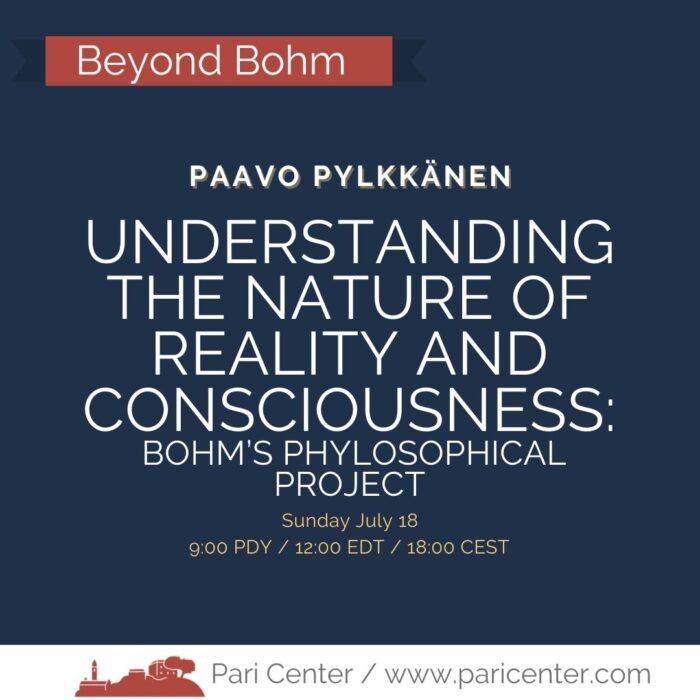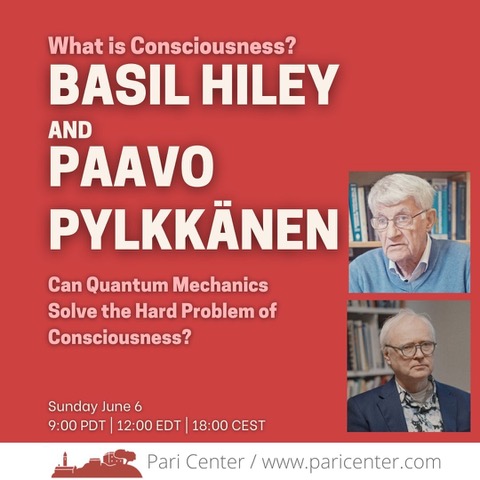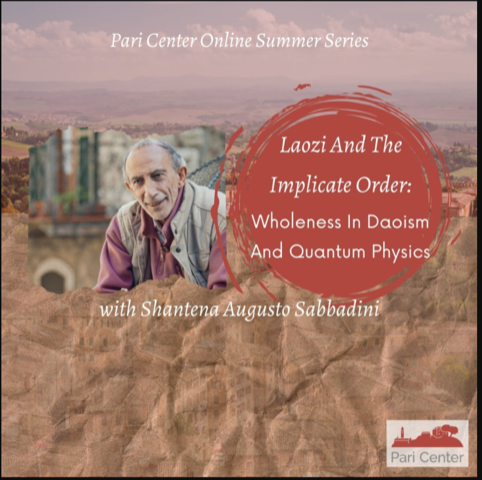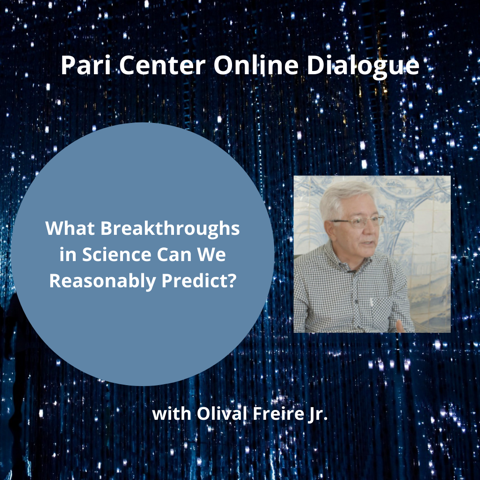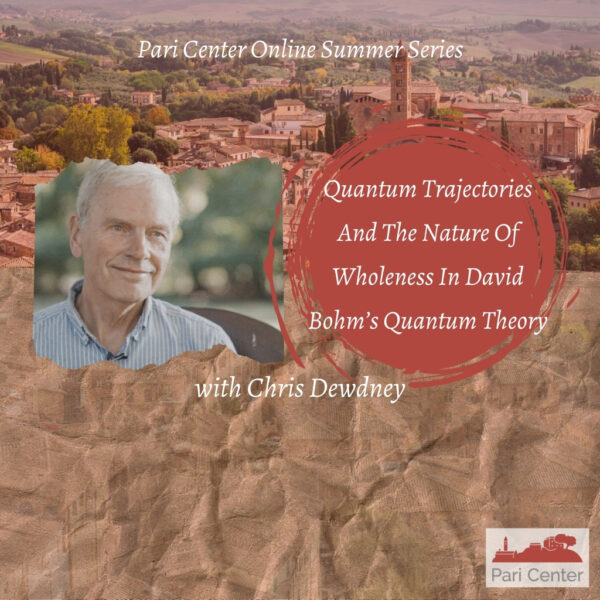Your cart is currently empty!
Understanding The Nature Of Reality And Consciousness: Bohm’s Philosophica Project. Paavo Pylkkänen
10,00€
July 18, 2021 – David Bohm was concerned with providing a description of reality—at the quantum level, and more generally, a unified description of matter, life, and consciousness, all adding up to a general concept of reality or a metaphysical theory. Such synthetic ontological projects were not popular in much of 20thcentury philosophy and thus…

